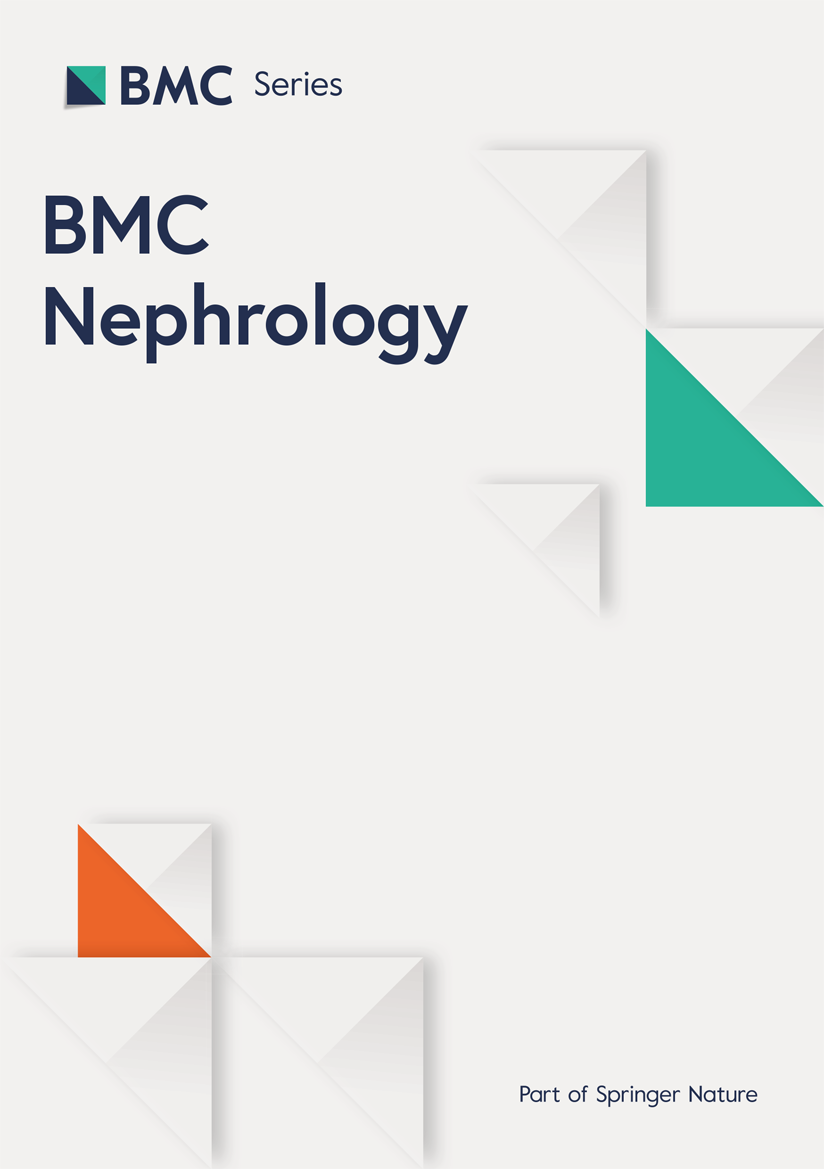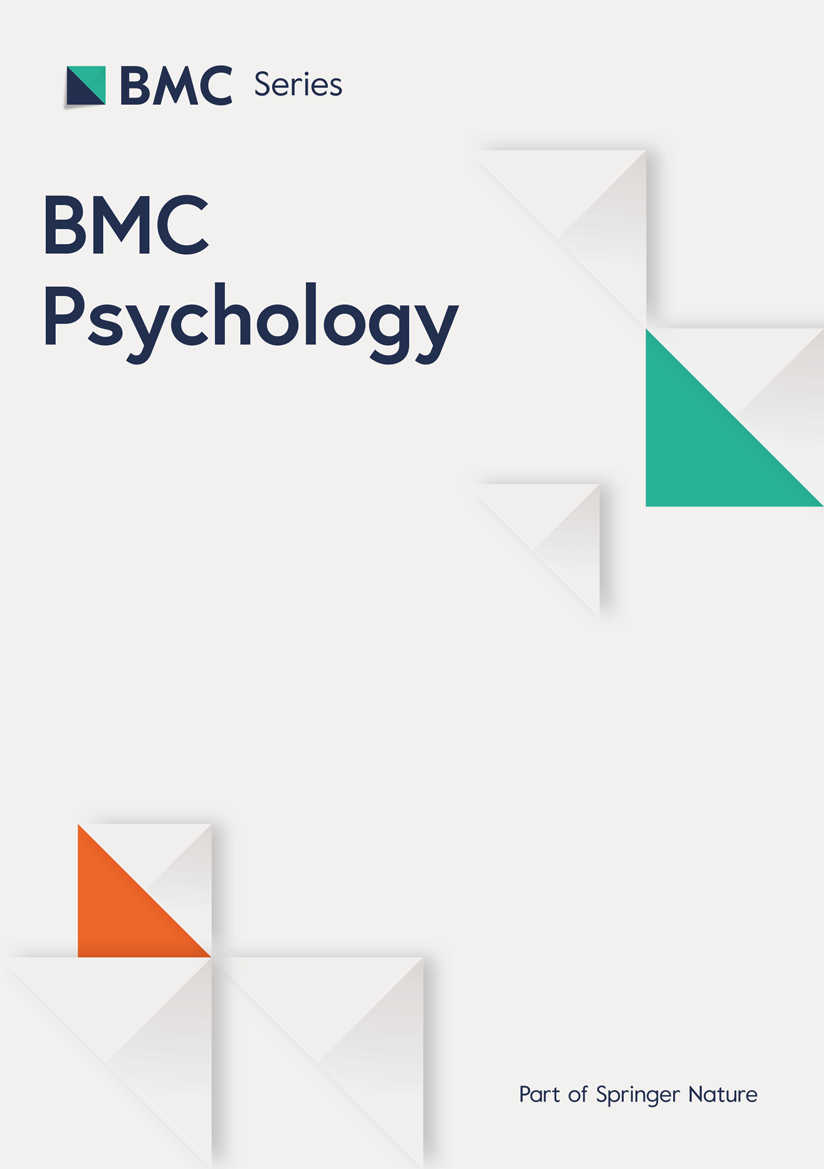Survival prediction in glioblastoma: 10-year follow-up from the Dutch Neurosurgery Quality Registry
Glioblastoma is the most common and treatment-resistant primary malignant brain tumor, with high morbidity and mortality despite standard treatment protocols. This study aims to evaluate survival and prognostic factors, and introduce two pragmatic prognostic models to inform individualized, patient-centered decision-making, using a large Dutch registry.
We analyzed a prospective cohort of 7621 patients (2012-2022) in 12 Dutch centers via the Dutch Quality Registry Neurosurgery. Univariate analysis of prognostic factors, Kaplan-Meier survival curves, and funnel plots comparing center performance (30-day and 2-year mortality) were conducted. Two prognostic models using multivariate Cox regression were developed.
Glioblastoma incidence was 3.9/100.000 in The Netherlands. Overall, 30-day mortality was 5.1% and 2-year survival 17.8%. Overall median survival was 10.4 months, with 4.6 months after biopsy and 12.9 months post-resection. Poorer survival correlated with older age, higher ASA classification, lower Karnofsky Performance Status, biopsy over resection (HR 0.49, 95% CI 0.47-0.52), and postoperative complications (HR 1.57 95% CI 1.39-1.79). MGMT promotor methylation (HR 0.58, 95% CI 0.53-0.63) and adjuvant treatment were linked to lower mortality. Treatment variation and outcomes were within expected ranges; surgical volume did not affect survival. The prognostic models had C-indices of 0.704 (6-month) and 0.721 (2-year).
Surgical resection and adjuvant therapy improved survival, but prognosis remained poor. Age, premorbid condition, treatment and molecular markers influenced survival. Center variations were within expected range, and higher surgical volume did not improve outcomes. The developed prognostic models could potentially inform clinicians, pending external validation.
Glioblastoma; Patient outcome; Prognostic model; Survival.
© 2025. The Author(s).
Declarations. Competing interests: The authors declare no conflict of interest Ethical approval: The study was performed in line with the principles of the Declaration of Helsinki. Ethical approval was not necessary because the study is not subject to the Medical Research Involving Human Subjects Act.
- Stupp R, Hegi ME, Mason WP, van den Bent MJ, Taphoorn MJ, Janzer RC et al (2009) Effects of radiotherapy with concomitant and adjuvant temozolomide versus radiotherapy alone on survival in glioblastoma in a randomised phase III study: 5-year analysis of the EORTC-NCIC trial. Lancet Oncol 10(5):459–466. https://doi.org/10.1016/s1470-2045(09)70025-7 - DOI - PubMed













